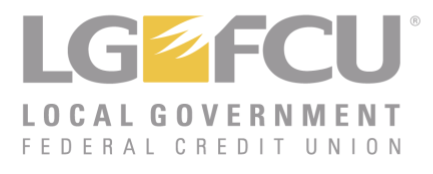Project Resilience
A multi-year initiative focused on the pandemic’s impact on personal and household finances, with a goal of identifying policies and practices that build and strengthen the financial resilience among individuals and families in North Carolina.
Project Resilience
The COVID-19 pandemic triggered an economic collapse that created challenges for all aspects of life – jobs, healthcare, housing, education, well-being, the way we gather and more.
Project Resilience is a multi-year initiative focused on the pandemic’s impact on personal and household finances, with a goal of identifying policies and practices that build and strengthen financial resilience among individuals and families in North Carolina.
This work will outline a roadmap for strengthening the economic resilience of communities across the state and the state as a whole.
What is Financial Resilience?
Financial resilience is the ability to financially withstand and recover from economic challenges.
The economy cycles through periods of expansion and recession. Job loss, family illness and other unexpected events can plunge unprepared households into financial crises, regardless of income level or the state of the economy. It is important to identify ways to minimize the financial impacts of these events, so that more households are resilient.
The Challenge
Even before the pandemic hit, many Americans had low levels of financial resilience. Using 2018 data, the national Financial Industry Regulatory Authority’s (FINRA) Investor Education Foundation characterized American households on the following resilience continuum:
- Living on the Edge (37% of households):
- Low levels of financial knowledge, few assets or emergency savings
- 81% earning under $50,000 annually
- Approximately one third reported having no health insurance
- Paycheck to Paycheck (14% of households):
- Moderate-to-low levels of financial knowledge, high debt and lack of emergency savings
- Some reported having financial assets such as retirement accounts or home ownership)
- All reported having health insurance
- Holding Steady (34% of households):
- Stable incomes but low levels of financial knowledge
- Some have retirement savings and many own homes
- Most have emergency savings, low debt and high levels of health insurance
- Standing Strong (15% of households):
- High financial literacy and strong finances with low debt
- High levels of home ownership and retirement accounts
- All reported having health insurance
The Opportunity: Cultivating Financial Resilience
Building financial resilience involves two elements: preparedness and interventions.
With better preparedness, households may experience fewer negative financial impacts when times worsen. Preparedness measures can include saving money, building credit, connecting to resources in the local community, finding affordable insurance and more.
When times do worsen, knowing which interventions are most effective at countering negative financial impacts is crucial to minimizing damage to households and the economy as a whole. Interventions can include seeking emergency loans or cash assistance, as well as claiming insurance.
The availability of preparedness and intervention measures depend on a variety of policies and practices by a range of public and private organizations. Access is impacted by employment opportunities, education, health and wellbeing, age, assets and debt, benefits and services (including child care, transportation, emergency assistance, etc.), food and housing, and more.
The 2024 Emerging Issues Forum
The 2024 Emerging Issues Forum examined financial resilience through the lens of household preparedness and intervention.
The forum offered best/promising practices, as well as a menu of actions that can be taken by individuals, households, policy makers, financial institutions, employers and others. It also showcased real world efforts that offer ways to strengthen the financial resilience of all North Carolina households and the communities in which they live.

